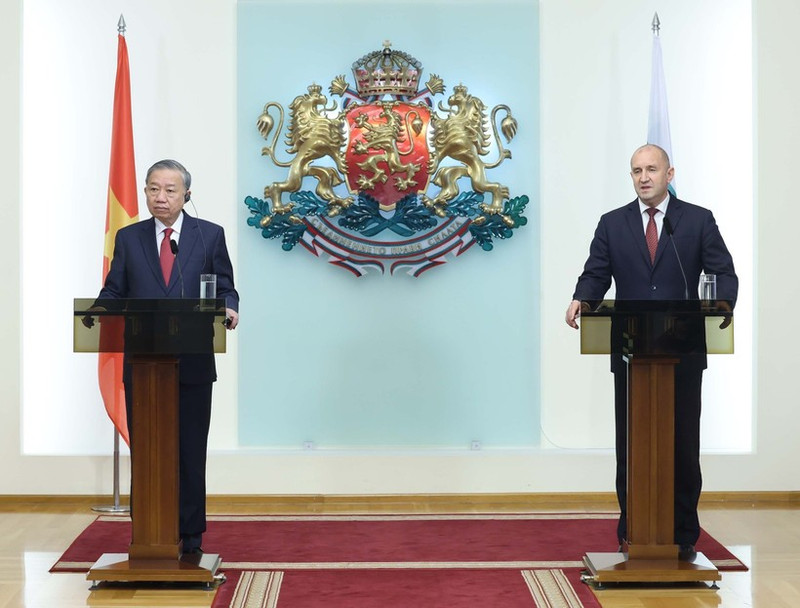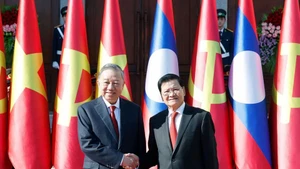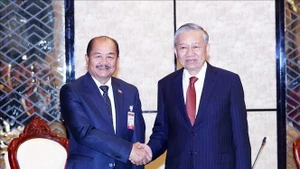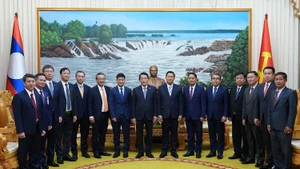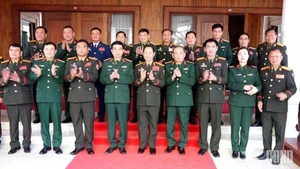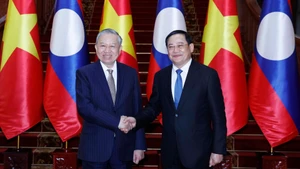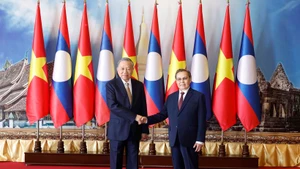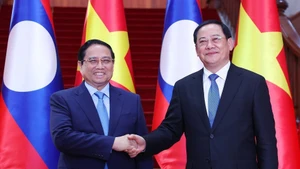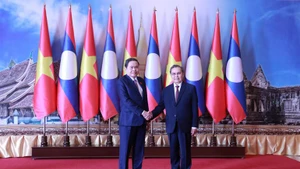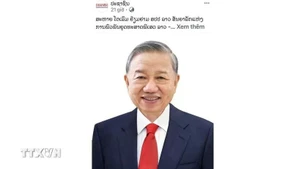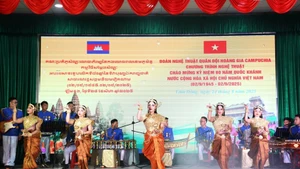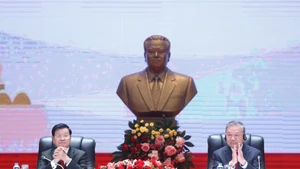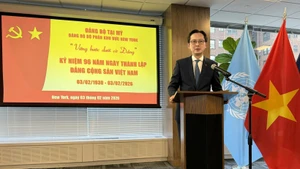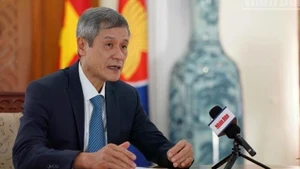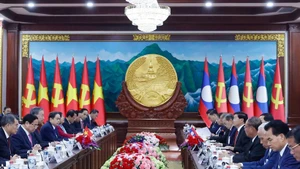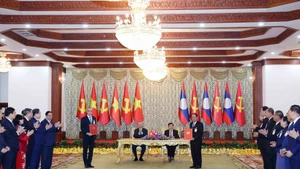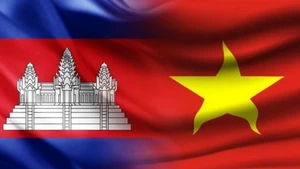The announcement was made at a joint press briefing following talks between General Secretary of the Communist Party of Viet Nam Central Committee To Lam and Bulgarian President Rumen Radev in Sofia on October 23, as part of the Vietnamese leader’s official visit to Bulgaria from October 22–24.
At the event, General Secretary Lam said that building upon the positive development and great achievements of Viet Nam – Bulgaria ties after 75 years since the establishment of diplomatic relations, and with confidence in a bright future for the relationship, the two sides adopted a joint statement on establishing the Viet Nam – Bulgaria Strategic Partnership. He described it as a critical milestone that lays the groundwork for the two countries to advance their relations for the benefit of their people as well as for peace, stability, and development in the region and the world.
The Party leader stressed that the new cooperation framework will provide a solid foundation to consolidate and deepen Viet Nam-Bulgaria relations, capitalising on each nation's strengths to ensure both countries continue rapid and sustainable development in the new context.
With a view to concretising the joint statement, he said the two leaders discussed and reached consensus on strengthening political trust through high-level exchanges across all channels of Party, State, National Assembly, and people-to-people exchange, in both bilateral and multilateral frameworks, enhancing existing cooperation mechanisms and creating new ones, while deepening collaboration in specific sectors.

Defence and security cooperation will be fostered in line with the new partnership framework, including training and academic collaboration between defence academies, cooperation in UN peacekeeping, cybersecurity, and military medicine.
Amidst global economic headwinds, both nations agreed to make economic, trade, and investment cooperation the central pillar of the Strategic Partnership. They pledged close coordination to maintain and consolidate free trade, expand market access, and effectively implement the EU–Viet Nam Free Trade Agreement (EVFTA) so as to double two-way trade in the coming years. Bulgaria is expected to serve as a gateway for Viet Nam to enter the EU market, while Viet Nam will play a similar role for Bulgarian goods to penetrate the ASEAN market.
General Secretary Lam stated that science – technology is an important pillar in the Strategic Partnership, with expanded cooperation in IT, digital transformation, digital economy, e-government, pharmaceuticals, biotechnology, AI, and green energy.
Acknowledging huge room for cooperation in education – training, culture, tourism, health care, labour, and agriculture, the two leaders concurred to promote high-quality human resources training, organise cultural and tourism programmes, exhibitions, and music exchanges to enhance mutual understanding and people-to-people connections. They will continue to facilitate the Vietnamese community's deeper integration and active contribution to the traditional friendship and multifaceted cooperation between the two countries.
Furthermore, the two leaders reaffirmed their commitments to close coordination and mutual support at multilateral forums such as the UN, and the Asia–Europe Meeting (ASEM). They laid stress on the significance of ensuring security, safety, and freedom of navigation and overflight in the East Sea/ South China Sea, highlighting settlement of disputes via peaceful means in accordance with international law, particularly the 1982 UN Convention on the Law of the Sea (UNCLOS).
Meanwhile, the Bulgarian President hailed the talks with General Secretary Lam as successful, conducted in an atmosphere of mutual trust and understanding. He said both sides reviewed their long-standing friendship and cooperation, set major orientations to deepen traditional ties, and identified new areas of collaboration based on shared potential and needs. The two leaders also exchanged views on regional and international issues of mutual concern.
He expressed his admiration for Viet Nam’s achievements in its Doi moi (renewal) process, national development, and international integration, noting that the country’s robust economic performance and increasing political position make it an important player in the Southeast Asian region.
President Radev said he hopes both sides will step up effective collaboration in traditional areas such as defence – security, education – training, science – technology, agriculture, culture – sport, tourism, and people-to-people exchange. He underscored that the Vietnamese Party chief’s visit has opened new opportunities and visions for the bilateral relations.
